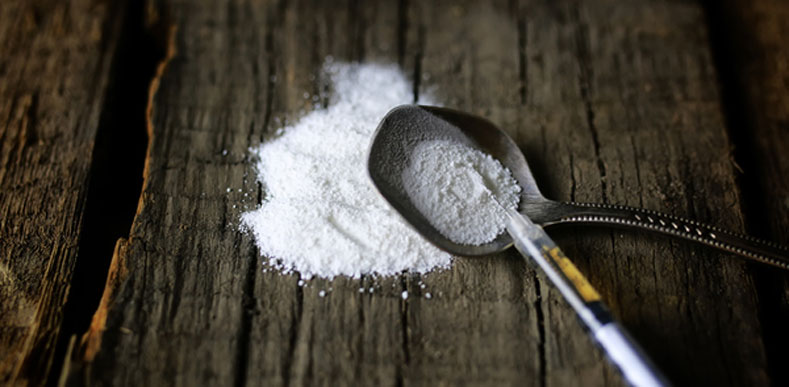
While America’s opioid crisis rules the headlines, a quieter epidemic is swiftly infiltrating Washington State. Use of methamphetamine has increased steadily over the past decade or so, and advocates are beginning to cry out for solutions.
Looking at the Statistics
Data released by the University of Washington’s Alcohol and Drug Abuse Institute reveal a shocking number of lives lost to meth abuse. In 2003, there were 89 deaths per 100,000 residents due to meth use. In 2015, that number had jumped to 344. In King County alone, meth overdoses rose 257 percent from 2003-2015.
In 2003 there were 60.6 admissions for meth users per 100,000 residents. During 2015, there were 107.4. Meth is also a large contributor to the crime rate across the state, making up a large part of crime lab cases; in 2005, nearly 10,000 crime lab cases resulted in a meth identification, as opposed to 1,127 heroin identified cases.
Caleb Banta-Green, a researcher with the Institute, notes that increased meth use can be linked to a drop in the availability of cocaine in Washington over the past several years. Meth is being used a substitute, even though they are very different drugs; meth can be up to 20 times more potent and the effects last much longer.

It's time to get your life back.
If you are struggling with addiction and co-occurring mental health, our expert team is here to guide you every step of the way. Don’t wait— reach out today to take the first step toward taking control of your life.
What Is Meth?
Meth is a chemical street drug similar in composition to the pharmaceutical drug methamphetamine, used to treat disorders such as ADHD and narcolepsy. It acts as a stimulant on the brain and produces a powerful ‘high’ when taken improperly.
Meth is commonly found in powder or pill form, but can also come in the form of crystal meth, where it appears as glass-like fragments of a white rock. Users can ingest meth in a number of ways:
- Inhalation/smoking powder
- Swallowing in pill form
- Snorting in powder form
- Injecting dissolved powder
Meth causes the brain to release a large quantity of dopamine, resulting in an intense high. The brain quickly becomes tolerant to the dopamine release, causing users to become addicted after as few as one or two uses.
Meth has a severe impact on the health of the user. Short-term effects include:
- Increased energy and alertness
- Decreased appetite
- Rapid heartbeat
- Higher blood pressure
Over time, some of these symptoms will intensify and become chronic as the person becomes more addicted. Long-term health effects of meth use include:
- Possible contraction of HIV, Hepatitis B or C
- Poor judgment resulting in risk-taking behavior
- Severe tooth decay/other mouth issues (commonly referred to as ‘meth mouth’)
- Constant scratching resulting in open sores on the skin
- Paranoia and hallucinations
- Violent behavior
Meth use can also affect parts of the brain that deal with emotion, resulting in difficulty processing and managing emotional situations. This can make it especially hard to seek treatment and carry it out successfully.
Difficulties in Treating Meth Addiction
Meth is among the most difficult drugs to treat, both for overdose victims and addicts seeking long-term recovery. First of all, there is no overdose reversal drug for meth. Administering Narcan can reverse heroin overdose relatively quickly, but no equivalent for meth exists.
Secondly, there is no approved medication to assist with the treatment of withdrawal from meth. Again, heroin addicts can receive doses to methadone to ease their transition, but meth addicts do not yet have access to drug replacement therapy.
Finally, meth users can be difficult to find. Many are homeless or live in marginal housing situations, and do not have an opportunity to engage with outreach programs such as needle exchange sites.

Steps to Take
There are some ways in which Washington lawmakers and citizens can support those addicted to meth and help make treatment more accessible:
- Outreach programs can incentivize meth users to come in.
- Counties and cities can consider opening safe spaces for those on meth to come when they are in the midst of their ‘high’.
- The state must ensure that users feel safe seeking help and that there are treatment options available for them.
If you or any of your loved ones are suffering from meth addiction in Washington State, The Recovery Village Ridgefield is here to help you. We offer a holistic approach to recovery, addressing the mind, the body, and the soul using evidence-based treatment programs. Our trained addiction specialists are waiting to speak with you about your options. Contact us and start your journey toward wellness.

